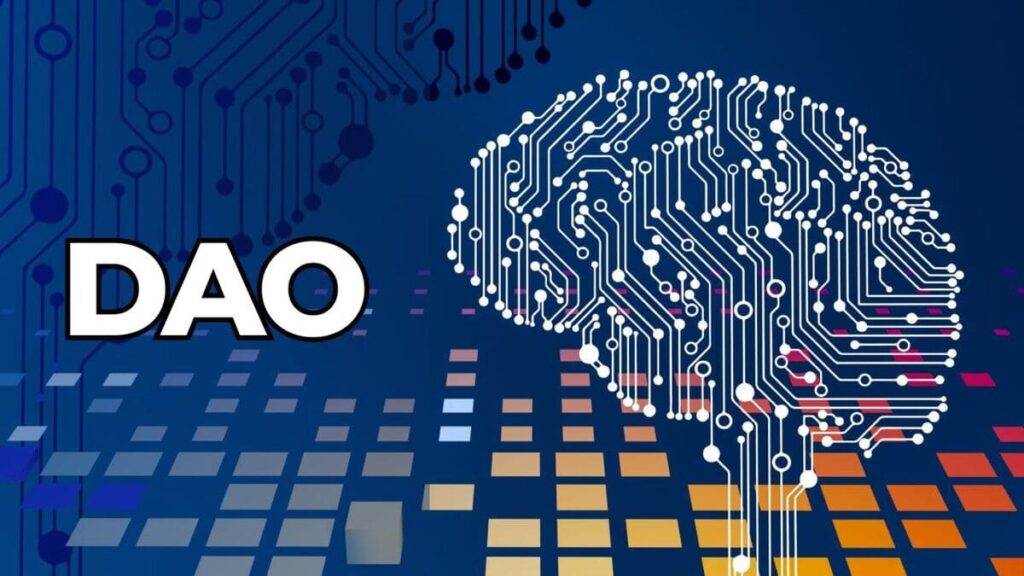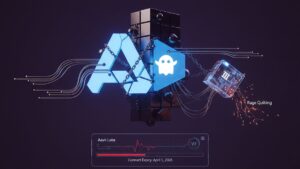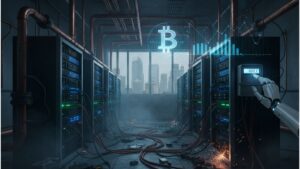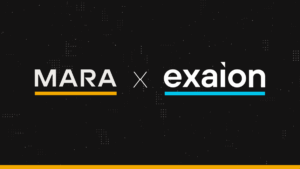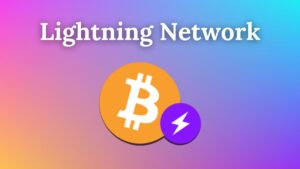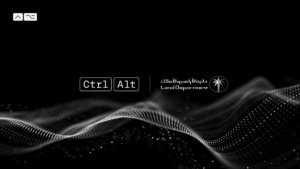TL;DR
- AI-powered DAOs could revolutionize decentralized governance by merging blockchain and intelligent automation.
- The integration of AI in DAOs will optimize decision-making but raises concerns about control and power distribution.
- Despite their democratic potential, AI-led DAOs could cause technological exclusion and new cybersecurity risks.
Decentralized Autonomous Organizations (DAOs) are opening up a range of possibilities for collective resource management, driven by blockchain technology. In their purest form, these entities operate without direct human intervention, following a set of pre-established rules in smart contracts. However, the integration of Artificial Intelligence (AI) is taking this model to a whole new level, with implications that could transform both the business world and politics. Are we facing an opportunity for social evolution or a technological dystopia?
The Evolution Toward AI-Powered DAOs
To understand the potential impact of DAOs in the future, it’s essential to grasp their origin. They emerged as a response to the centralization of traditional governance and financial systems. Bitcoin, considered the first successful example of a DAO, demonstrated how a blockchain-based system could operate without the need for a central authority. Participants, through mining, maintained the network and validated transactions without intermediaries.
As technology has evolved, so have DAOs. Today, the integration of AI has the potential to redefine the concept of autonomy within these organizations. As intelligent algorithms can make real-time decisions and autonomously adapt to changes in the environment, DAOs could operate without human intervention on multiple levels. This advancement could lead to a governance model where machines not only facilitate transactions but also make decisions based on strategies.
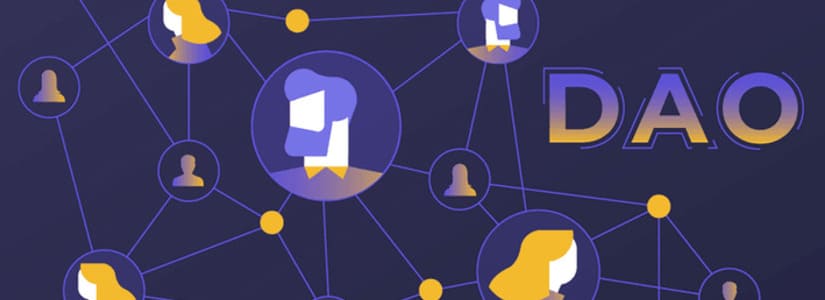
Implications for Management and Decision-Making Power
One of the most tempting promises of AI-led DAOs is the ability to optimize resource management. Smart contracts, which currently regulate interactions within them, could be enhanced by AI to perform complex analyses and make more precise decisions, continuously adapting to the needs of the ecosystem. This could transform entire industries, from natural resource management to crowdfunding for projects, offering an efficiency that traditional organizations simply cannot achieve.
However, this autonomy raises concerns about control and the distribution of power. While the idea of a decentralized system operating without human intervention sounds ideal, in practice, it could create a power vacuum. If machines are making decisions, who supervises their actions? Algorithms might be designed to maximize efficiency, but not necessarily to consider human interests equitably.
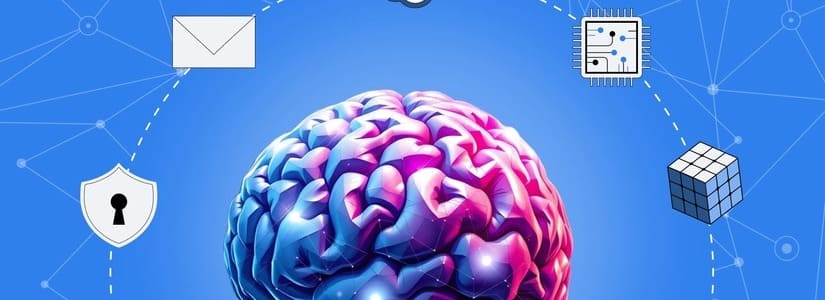
An Accessible Utopia for All?
One of the major promises of DAOs is their ability to democratize decision-making. In an ideal model, all members have equal weight in decisions, from fund management to strategy. Decentralization should therefore eliminate the concentration of power characteristic of traditional structures like corporations and governments.
However, the reality of participation in DAOs is still far from being accessible to everyone. While platforms are technologically open, the knowledge and resources required to actively participate are still beyond the reach of much of the population. The technical barrier is considerable, and in many cases, only those with skills in programming and blockchain can influence the most important decisions of the organization. This technological exclusivity could perpetuate a new form of elite, this time formed by AI and blockchain experts.
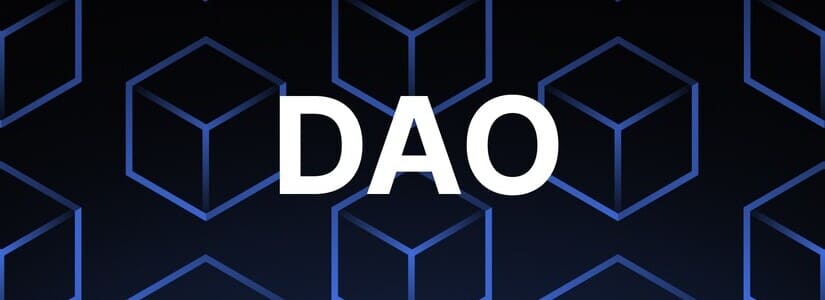
The Inherent Risks of Automation
The rise of AI-powered DAOs comes with the assumption of new risks. As artificial intelligence becomes more deeply involved in decision-making, cybersecurity issues acquire an even greater dimension. While decentralized networks may offer theoretically greater security than centralized systems, the integration of AI also opens the door to new types of attacks and manipulations. An error in the programming of a smart contract or in the interpretation of algorithms could have devastating consequences for all participants in the DAO.
On the other hand, the automation of decision-making could lead to the disappearance of human intervention in crucial areas like economic regulation, social justice, and politics. AI, being free from human emotions or biases, could be perceived as a model of efficiency. However, the lack of empathy and the risk of biased decisions (due to programming errors or lack of oversight) could have devastating social and economic effects.
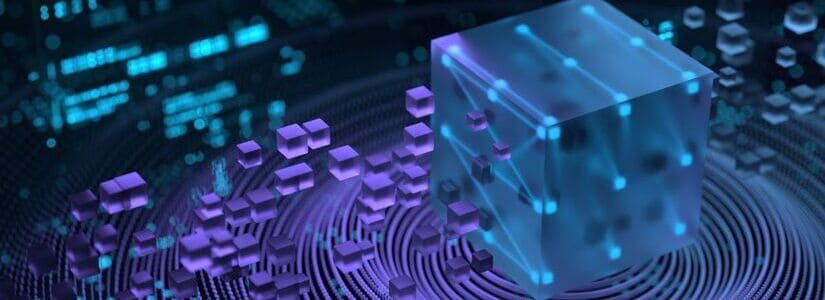
Where Are We Heading?
The future of AI-powered DAOs is filled with uncertainties. The potential of this technology to improve efficiency and decentralize power is undeniable, but so are the risks associated with the complete delegation of decision-making to machines. The question we must ask ourselves is whether we are truly ready to let AI govern a substantial part of our lives.
Ultimately, the impact of AI-led DAOs will depend on how these risks are managed and the political and social decisions we make in the coming years. If we manage to create an ethical and transparent framework for these organizations, DAOs could be the key to a more equitable and efficient governance system. However, if proper controls are not implemented, we could be witnessing the birth of a digital dystopia, where the most important decisions are made by autonomous systems that don’t take human interests into account.
AI-led DAOs are not just a technical exercise. They are a deep reflection on the future of autonomy, democracy, and power. Only time will tell if they become a fundamental pillar of our society or if, on the contrary, we face a technology that, despite its potential, could fall beyond our control


